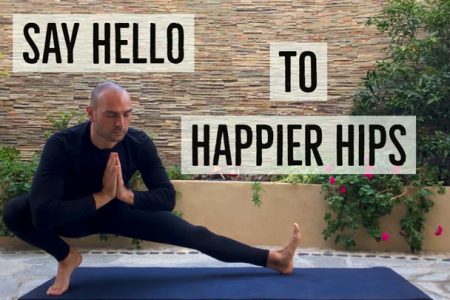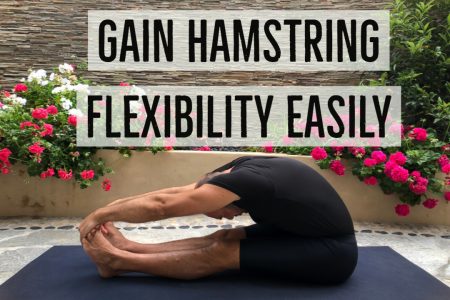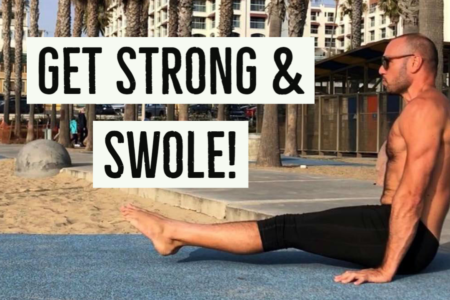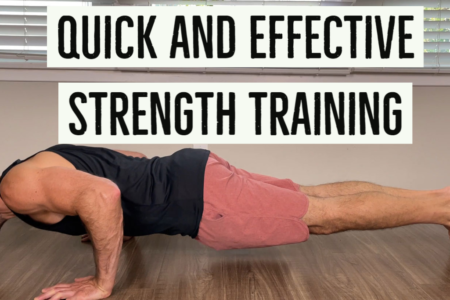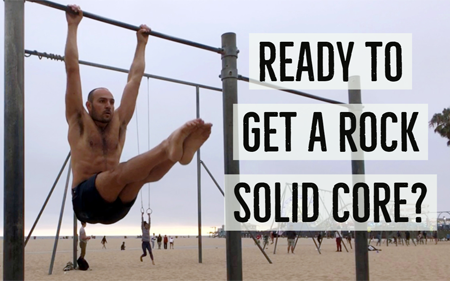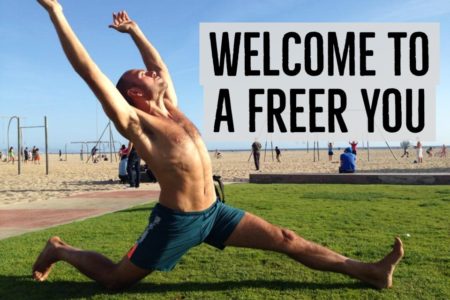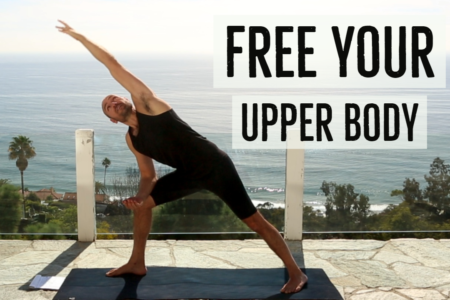Since my previous blog post on how great performers don’t necessarily mean great teachers was very popular, I will continue with a sequel going in depth as to WHY height and weight makes such a big difference in bodyweight exercises!
Your ability to perform bodyweight exercises are highly dictated by your strength to weight ratio, which is ruled by your height and weight.
From the most basics such as pushups and pullups to the most advanced such as front levers, planches, iron crosses and so forth, the human experience and journey of calisthenics is so wildly different when it comes to shorter versus taller folks. You could have shorter folks gaining front levers without ever training for it while taller folks training for it for years with little to show for it.
Absolute Strength vs Relative Strength
- Absolute strength is the maximum force you can exert.
- Relative strength is the maximum force you can exert relative to your weight.
- This is also known as your Strength to Weight Ratio
When you are tall, your absolute strength is an advantage which is why there are weight-classes for many sports, otherwise it would be unfair. But your relative strength is at a disadvantage compared to shorter people. So the taller person will have greater absolute strength but lesser relative strength.

The taller or heavier a person becomes, the harder bodyweight exercises become because more strength is required to perform the same exercise relative to a shorter and lighter person.
If you look at the height/weight chart, it is obvious that as height increases, the ideal weight increases as well. But it doesn’t increase linearly. As people get taller, their weight increases at a much faster rate (exponentially).

Galileo’s Square-Cube Law Rules You
To best understand the relationship between height and weight, we must understand Galileo’s square-cube law which states that as the surface area (height) increases by the square (^2), the volume (mass; weight) increases by the cube (^3).
- For example:
- If surface area is 4 meters, the volume is 8 meters.
- If surface area is 8 meters, the volume is now 32 meters.
- Doubling the surface area results in triple the volume.
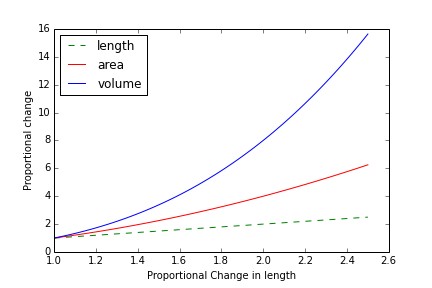
So in calisthenics, height has exponential effects on the weight which in turn affects the strength to weight ratio.
It is for this reason all the more imperative that a tall person should strive to be lean to be able to perform advanced bodyweight exercises otherwise the handicap from the excess body-fat will be even greater. This makes them struggle more, requiring more dedication and often necessitates more intermediary progressions. A shorter person, on the other hand could not only breeze through progressions but even skip major progressions. They can even reach many goals without even adhering to a good routine before hitting plateaus.
Thus, shorter people have much greater advantages to bodyweight exercises.
There was a great Ted Talk by David Epstein that talked these differences in body shapes in the Olympics. People think that playing basketball when you’re young makes you taller or doing gymnastics when you’re young makes you shorter because those are the people that are in those sports. But neither of these are true. That is simply a form of survivorship bias where the successful athletes mask the failures of the others. Gymnastics favors shorter people and the sport of basketball favors taller people. These are the people that tend to make it into the spotlight and those that can’t make the cut won’t be around.
Note: Not all bodyweight exercises require lots of strength.
Something like a handstand, for example, is more skill based and doesn’t require tons of strength, so the height shouldn’t matter. Same for any other skill-based exercise, such as slacklining, for example. I’ve seen a number of people who used to hold handstands when they were younger and got old and overweight but kept handstanding and they can still do it regardless. On the other hand, I’ve never seen anybody remotely overweight (not even the slightest bit) be able to hold a high level strength move like the planche or front lever.
What is considered tall or short?
Since I started frequenting the Original Muscle Beach since 2013, I trained with countless folks and I noticed after a few years there was a huge disparity in progress between certain people. I started to notice a very obvious pattern. The shorter and lighter folks generally experienced continually linear progress even without proper programming. The taller and heavier folks had the completely opposite experience: longer drawn out plateaus and more frequent regressions even when following a robust program.
5’9″ (175cm) seems to be the tipping point
If I had to choose a cut off point where the balance tips in ones favor or out of favor, I would say around 5’9″ (~175cm). People shorter then 5’9″ (175m) will have a distinct advantage at the rate in which they progress in bodyweight exercises over those that are taller. The shorter they are, the more extreme the advantage. The taller they are, the more extreme the disadvantage.
Note: Do not let this information deter you! There are plenty of people in the world taller than 5’9″ that can and do impressive things in the world of calisthenics.
What role does age play?
Age does not seem as big of an issue in this context. The biggest issue older folks have is that by virtue of simply living longer, they might have racked on more injuries and have compounded issues. I will say that, when you see people doing a lot of explosive moves on a bar (like 360 degree muscle ups that require abrupt release and high impact regrabs), you will notice they are often not only in a certain body size but also a a certain age range (in their teens to 20’s). Older folks with joint issues do not fare well with high impact moves.
Pros of being tall:
- Greater absolute strength potential.
- If one is truly dedicated and motivated, they will have to dig deeper in finding technically superior workout routines to ensure optimal, more efficient ways of getting stronger. For some, this is actually even more motivating, because while it may take longer to get the move, it is that much more gratifying when they do.
Cons of being tall:
- Decreased relative strength. (Absolute strength divided by bodyweight)
- Slower progress; More plateaus and times of regression
- Aesthetics much slower to show
- More intermediary progression exercises required
- For some, this is demoralizing and they move onto weightlifting.
Those who are shorter can get away with attaining moves without having to train for them in very methodical ways. They can skip entire progressions. They often will not experience the same struggles taller folks do.
To put it into perspective, the taller folks will have to grind away for weeks, months or even years on a particular progression exercise before being able to progress to the next one, while the shorter person may not even need to train it and entirely skip it.
My personal benefit of being taller is that I can be a better teacher
As a coach, this is more-so a blessing than a curse. I know many people who achieved certain high-level strength moves quite fast, whereas I had to figure out how to scale the exercise in novel ways to get there. As a result, it’s a blessing in disguise because the more I struggle with it, the more I understand the anatomy of where the weak-points lie and I can relate to many people as I’ve experienced the struggles every step of the way.
Being taller does not mean you cannot achieve greatness!
- Regardless of height, just make sure you workout consistently and at a sufficient intensity to ensure progressive overload.
- If you are tall and overweight, strive to be leaner otherwise the excess body-fat makes for a greater handicap.
- Overall, don’t be deterred and remember that life is all about the journey. Just because something takes longer to achieve, doesn’t mean you shouldn’t strive for it. When you do achieve your goal, you can be very proud of yourself and nobody can take that away from you.
And last but not least, it is your mental fortitude that will determine your success. If you really want something, you will get it. Just think back to anything you’ve ever wanted in life. You probably got it and it should be no different with your physical training. If you need extra help, I offer online-coaching as well to help optimize your training. Hope this was insightful!
